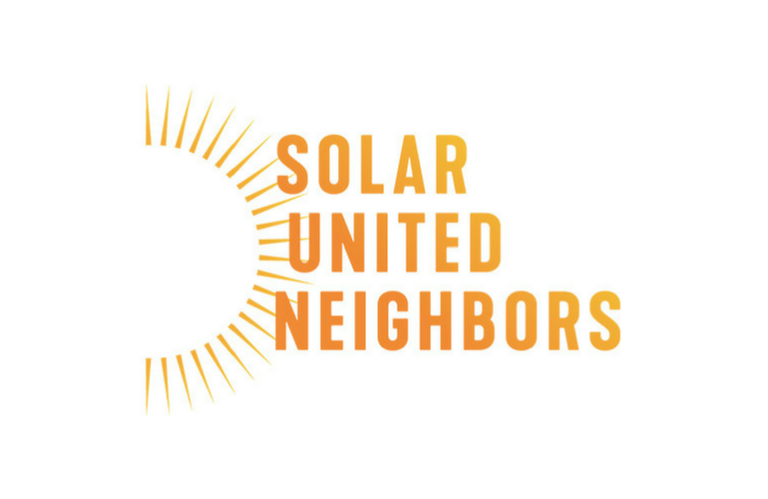Solar United Neighbors (SUN) has developed a state model policy to develop distributed power plants (also known as virtual power plants). By coordinating numerous small-scale solar and battery systems, Distributed Power Plants (DPPs) can add or subtract from electricity demand exactly when the grid needs it most. This helps prevent power outages and the use of expensive and polluting peak power plants. In return, solar owners earn credit for the use of their investment, while providing grid savings to all ratepayers.
“DPPs are an important means of delivering savings for battery solar owners, while also providing valuable grid services to reduce energy costs for everyone,” said Glen Brand, VP of advocacy and policy for Solar United Neighbors. “The purpose of our new model policy and associated model state legislation is to scale DPPs from the pilot phase to statewide programs.”
SUN’s model DPP program is easy for customers to understand and use. It reduces implementation burden for third-party aggregators and program managers. The policy and associated model legislation are based on four principles:
- open access (anyone can participate, the program is not the result of an RFP for one provider)
- technology-agnostic (suitable for all relevant distributed energy sources)
- flexible participation (utility customers can register directly or via an aggregator)
- fair export compensation for retailers (there is no hidden barrier to participation)
The model DPP policy and supporting state legislation, as well as links to a recorded webinar and presentation slides, can be found here.
“Distributed Power Plants (DPPs) are a gamechanger for utilities struggling with rising energy costs and the need for more resilient energy,” said Meghan Nutting, Sunnova’s EVP of government and regulatory affairs. “DPPs are dynamic, offering load flexibility and the ability to reduce peak demand by 10-20%, and they rely on assets that can be installed quickly or have already been built. Fair compensation for consumers who participate is key to a successful program. Current failures in the utility sector – such as outdated infrastructure and lack of competition – can be improved by integrating distributed energy resources (DERs) through DPPs. SUN’s recommendations provide a framework that, if implemented, could save consumers billions in energy costs over the next decade.”
DPP projects have become increasingly popular across the country, from Hawaii to Texas and New England. As climate change worsens storms and hurricanes and threatens more frequent power outages, DPPs provide a necessary boost to the resilience of the electric grid. SUN’s model policy will guide regulators as they scale these projects into statewide programs.
“As we’ve seen across the country, power outages impact nearly one in two Americans,” said Amy Heart, senior VP of Policy at Sunrun. “It is time to update our grid system and rapidly leverage distributed energy resources to ensure access to reliable, clean energy. Distributed power plants are fundamental grid solutions that not only increase household resilience, but also provide crucial relief to our stressed electricity grids when it is needed most. It is important that every state implements these local solutions to harness every electron to create an affordable, flexible electricity grid for all.”
News item from Solar United Neighbors


